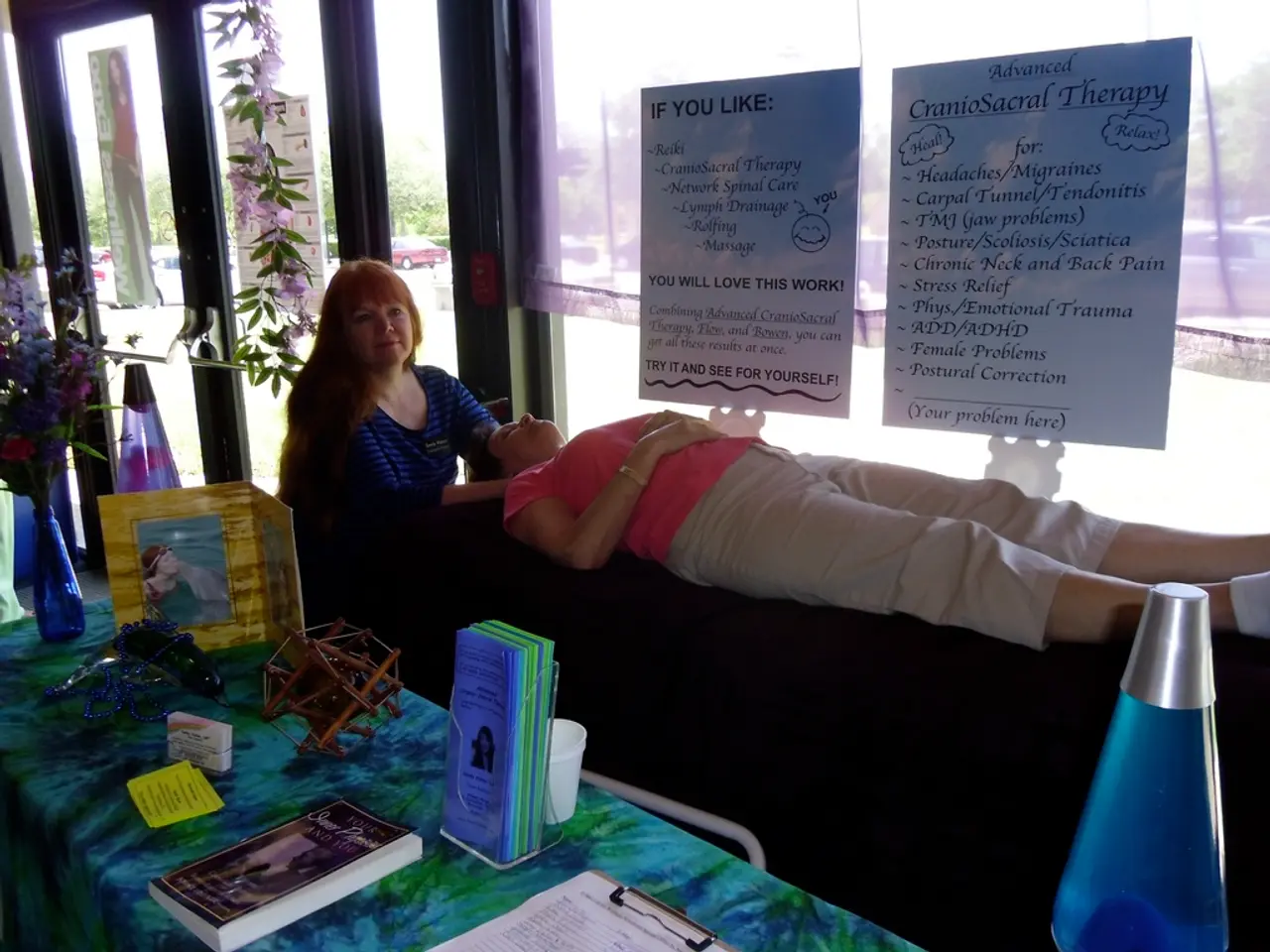Anxious Preoccupation with Health and Emotional Instability
Bipolar disorder, a mental health condition characterized by mood swings ranging from extreme highs (mania or hypomania) to deep lows (depression), can present unique challenges for those affected. One such challenge is the prevalence of hypochondria, or an excessive preoccupation with having or acquiring a serious illness.
Hypochondria, comprising four factors - patho-thanatophobia, symptom effect, treatment seeking, and hypochondriacal beliefs - is more common in people with bipolar disorder, particularly those with Bipolar Disorder Type 2, than in the general population or those with generalized anxiety disorder.
The neuroticism that breeds hypochondria is intransigent, eluding easy treatment. High levels of neuroticism are correlated with high levels of hypochondria, making this a persistent issue for many individuals with bipolar disorder.
During depression, hypochondria is a common occurrence. However, during mania, the opposite is true. People with bipolar disorder experience fewer instances of hypochondria due to feelings of grandiosity, invincibility, and narcissism. Yet, as manic episodes end, imagined illnesses or threats may spike.
People with bipolar disorder may not only imagine physical diseases but also mental illnesses unrelated to their own condition. This can lead to a complex web of self-doubt and misperception, making self-awareness difficult, if not impossible, during episodes of hypomania and depression, or late-stage manic episodes.
High levels of hypochondria significantly set back gains in treatment and make positive outcomes in bipolar disorder much less likely. People with high levels of hypochondria are more likely to attempt suicide and suffer poorer outcomes when given standard treatment for bipolar disorder.
Navigating the challenges of bipolar disorder requires openness to the conclusions of medical experts and the evidence against perceived illnesses. It takes information, courage, and humility to admit you're wrong, especially on feelings about your own health.
Research on the frequency of hypochondriacal ideation in individuals with Bipolar Disorder Type 1 and Type 2 is limited, leaving a gap in understanding this aspect of the condition. Despite this, the impact of hypochondria on the lives of those with bipolar disorder cannot be understated.
In conclusion, hypochondria is a significant issue for many individuals with bipolar disorder. Understanding and addressing this issue is crucial for improving treatment outcomes and quality of life for those affected by this complex condition.
Read also:
- Understanding Hemorrhagic Gastroenteritis: Key Facts
- Stopping Osteoporosis Treatment: Timeline Considerations
- Tobacco industry's suggested changes on a legislative modification are disregarded by health journalists
- Expanded Community Health Involvement by CK Birla Hospitals, Jaipur, Maintained Through Consistent Outreach Programs Across Rajasthan








